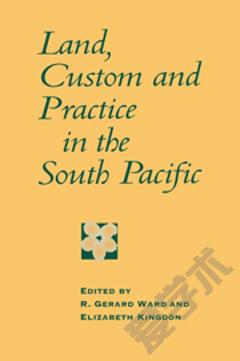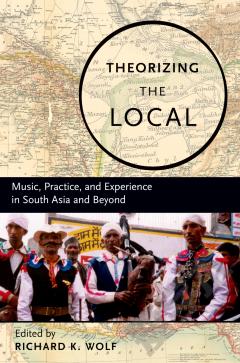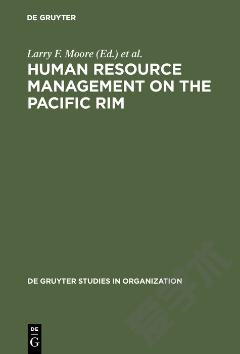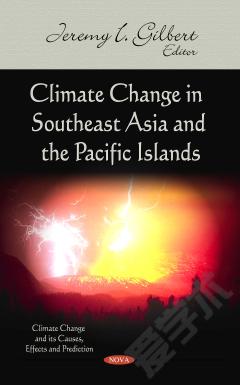Land, Custom and Practice in the South Pacific
Land tenure arrangements are intimately linked with the organization of society, the economy, political structures and geography. In the South Pacific Islands the majority of land is held by community groups under 'customary' or 'traditional' forms of tenure. This book argues that land formerly held in common is now often controlled and used exclusively by individuals or nuclear families - it is being privatized. Detailed case studies demonstrate these trends in Western Samoa, Tonga, Vanuatu and Fiji. Parallels are noted from Asia, Europe and Africa, where comparable forces of commercialization, individualization and socio-political change have brought comparable results. The denial of these trends by policy makers in the region reflects an interest in maintaining the image of traditionalism and its associated status and power. The divergence between rhetoric and reality creates dilemmas for many Pacific Islanders and their leaders.
{{comment.content}}








 京公网安备 11010802027623号
京公网安备 11010802027623号